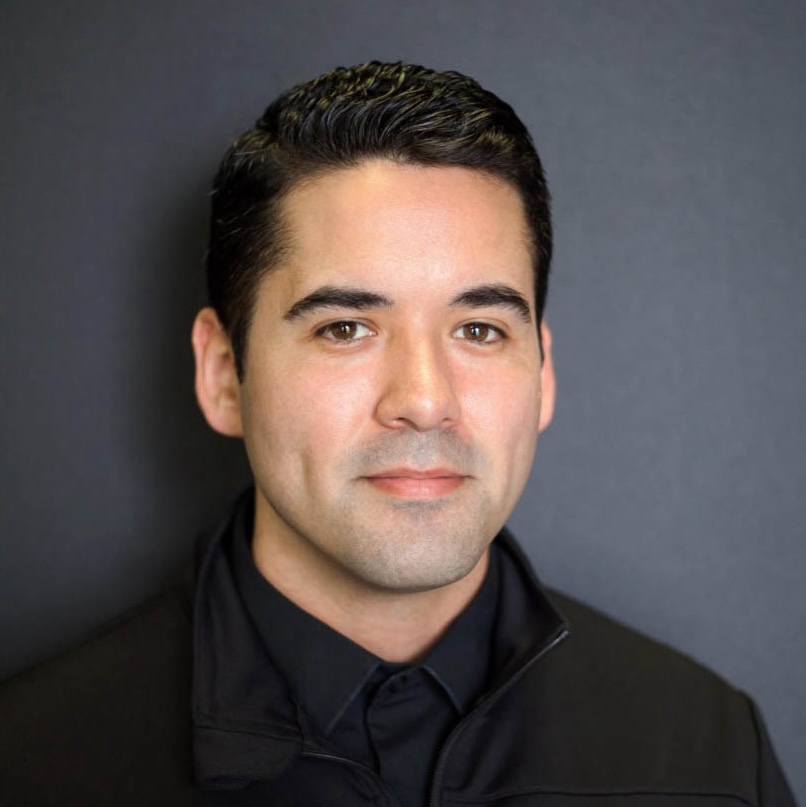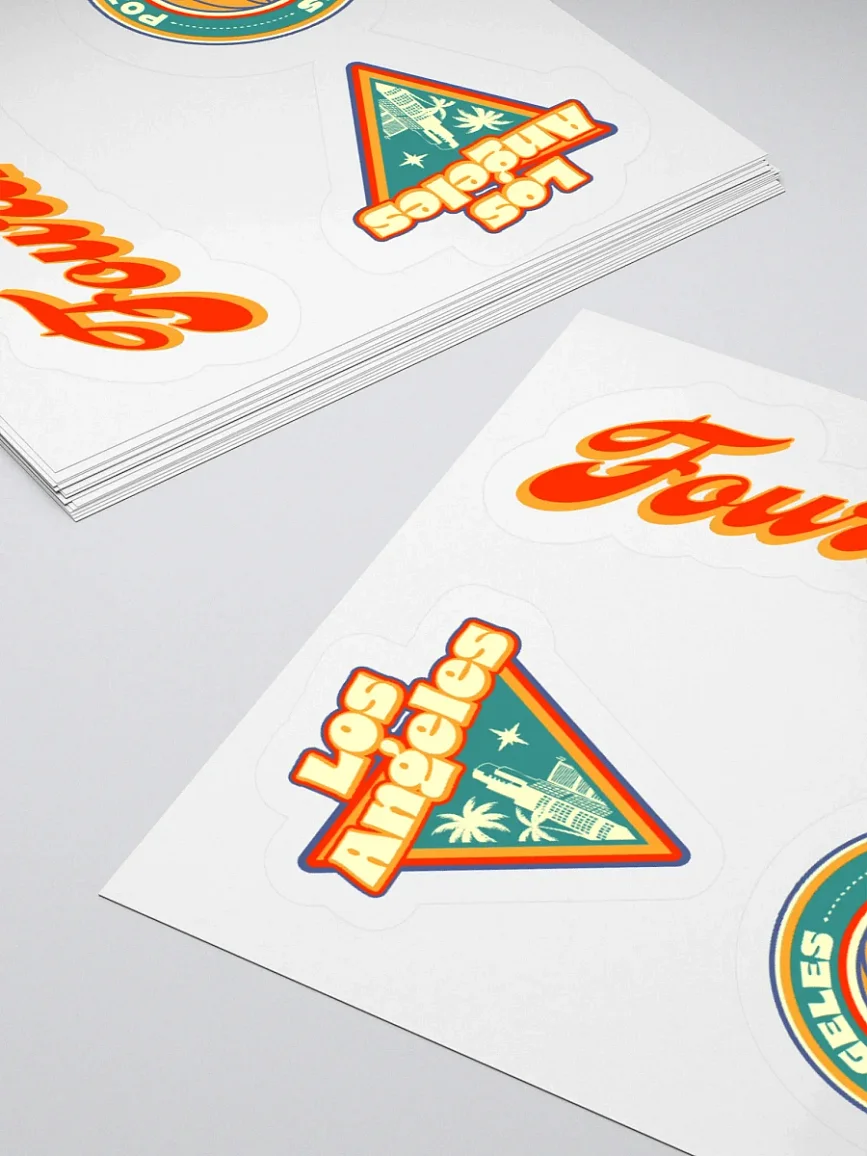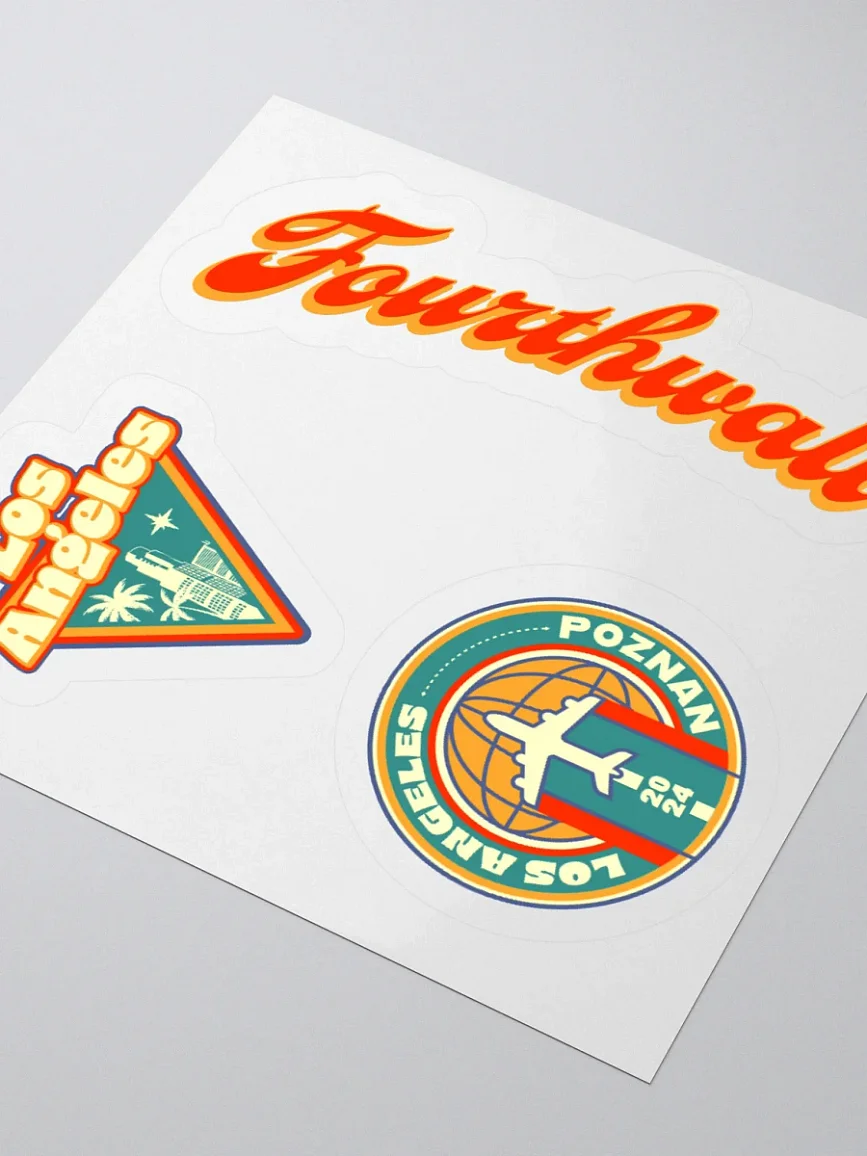10 Creator Business Success Stories for Inspiring Entrepreneurs

The creator economy is booming, and it’s transforming how successful entrepreneurs build businesses.
Today, more creators are leveraging their audiences to become founders of product lines, media companies, and more, blending personal branding with business acumen to establish impactful enterprises.
In this article, we'll explore ten inspiring creator success stories that will help you jumpstart your entrepreneurial venture with a list of beginner business models to help you grow as an entrepreneur.
Whether it’s through brand extensions or launching entirely new products, these creators show that with the right strategies, anyone can use social media presence and passion to create a successful business.
What is Entrepreneurship?
Entrepreneurship is the process of identifying a need, developing an innovative solution, and bringing that idea to life by establishing a business or venture. It involves taking risks, pursuing a vision, and leveraging resources to turn a concept into a successful business.
Entrepreneurs are individuals who take on this challenge, often starting as a founder or co-founder of a company. They create opportunities not only for themselves but also for their teams, communities, and industries. Whether it’s building a global brand like Starbucks or a self-made journey to financial independence like Oprah Winfrey, entrepreneurship is a dynamic and rewarding path.
Entrepreneurs often start with a simple idea and grow it into something impactful by solving problems, meeting market demands, and attracting investors. While some ventures may fail, others succeed and inspire, demonstrating the resilience and vision required to grow a successful business. Entrepreneurship is more than just profit-making; it’s about innovation, leadership, and creating a legacy.
Benefits of Entrepreneurship for Creators
Creators, like entrepreneurs, often have a unique vision and the ability to connect with audiences. Leveraging entrepreneurship allows them to transform their creativity into sustainable ventures, providing multiple benefits:
- Control and Ownership: Becoming the CEO or founder of your business enables you to have full control over your creative direction and business decisions, ensuring your vision aligns with your goals.
- Financial Independence: Entrepreneurs who succeed can achieve financial freedom by diversifying income streams, from product sales to collaborations with investors and sponsors.
- Flexibility and Freedom: As a self-made entrepreneur, you can set your schedule, choose your projects, and work on ideas that inspire you.
- Personal Growth: Building a business helps creators learn critical skills such as marketing, financial management, and networking, enabling them to grow both personally and professionally.
- Creating a Legacy: Entrepreneurship provides an opportunity to leave a lasting impact. Whether through a product, service, or brand, creators can inspire others and build something that lives on.
- Monetizing Passion: Creators can transform their creative ideas into profitable ventures by launching products, services, or even educational resources that align with their niche.
- Building a Community: Entrepreneurship helps creators connect with their audiences on a deeper level by offering value, whether through exclusive content, merchandise, or interactive platforms.
- Opportunities for Collaboration: Partnering with other entrepreneurs or becoming a co-founder of ventures allows creators to expand their reach and innovate with like-minded individuals.
- Resilience and Learning from Failure: Entrepreneurship teaches the value of persistence. Even if a venture fails, the lessons learned prepare creators to succeed in future endeavors.
By adopting an entrepreneurial mindset, creators can turn their passion into a successful business, share their stories with the world, and create opportunities that inspire others to innovate and grow.
10 Creators Who Turned Their Social Media Successes into Thriving Businesses
Content creators who leverage their existing success to build businesses are maximizing their influence in smart, impactful ways.
As you'll see below, many of these creators have earned more from their entrepreneurial ventures than from traditional content monetization methods, highlighting the power of turning content-driven success into diversified, lasting businesses.
Here are ten real-life success stories of creators who have successfully bridged the gap between content and business, turning audience engagement into impactful entrepreneurial ventures.
1. MrBeast

MrBeast, also known as Jimmy Donaldson, has leveraged his massive YouTube presence to build a multifaceted empire that spans food, tech, and entertainment.
In 2020, he launched MrBeast Burger, a virtual restaurant chain operating through ghost kitchens, which grew into a global phenomenon.
Following this success, he introduced Feastables in 2022, a chocolate and snack brand that reportedly sold $10 million worth of chocolate bars in its first few months of operation. The product's success led to its distribution in Walmart stores across the country and eventually in other locations.
To further expand Feastables' popularity, MrBeast co-founded Lunchly in 2024 alongside YouTubers KSI and Logan Paul, a line of snack kits marketed as a healthier alternative to Lunchables.
In addition to his ventures in food and snacks, MrBeast also extended to creative technology with investments in Backbone gaming and educational initiatives, such as partnering with East Carolina University to develop a YouTube content creation course.
Not stopping there, he pioneered gaming entertainment with Beast Games, an upcoming reality series featuring a record-breaking $5 million cash prize.
With each venture, MrBeast demonstrates how to transform digital influence into innovative and impactful business endeavors.
2. Charli D'Amelio
Charli D’Amelio’s rise from TikTok sensation to a successful entrepreneur demonstrates her ability to turn social media stardom into a thriving business empire.
Named the highest-earning TikToker in 2021, Charli leveraged her massive following to launch D’Amelio Brands in September 2022 alongside her family. The company focuses on fashion, beauty, and lifestyle, with ventures like D’Amelio Footwear, a direct-to-consumer shoe line, and Be Happy Snacks, a flavored popcorn range sold through Walmart.
In March 2022, D'Amelio (along with her family) co-founded 444 Capital, a $25 million venture capital fund supporting women- and minority-led startups, further diversifying her portfolio.
With additional projects like her skincare line ZitsAllRight and merchandise line Dam Fam Merch, Charli has turned her influence into a $100 million-valued enterprise.
Her success highlights how a strong personal brand, creative vision, and strategic investments can propel social media fame into long-term profitability.
3. Emma Chamberlain

Rising to fame on YouTube with her candid humor and relatable personality, Emma Chamberlain built a strong, loyal fan base that resonated with her authenticity.
In 2019, she leveraged this connection to launch Chamberlain Coffee, an eco-conscious, high-quality coffee brand that appealed to her audience’s interest in sustainability and lifestyle.
By diversifying her offerings to include branded mugs, apparel, and lifestyle products, Chamberlain created a community around her brand, extending its appeal beyond coffee.
However, Chamberlain's endeavors didn’t stop there.
Throughout her illustrious career, she's embraced collaborations with major brands like Hollister and Louis Vuitton, appeared on the covers of magazines like Cosmopolitan and Allure, and became a podcasting force with Anything Goes, a Spotify exclusive that won the Pop Podcast award at the People’s Choice Awards.
With her impressive brand partnerships, thriving coffee empire, and ventures into voice acting and high fashion, Chamberlain has solidified her place as a modern entrepreneur who turned her influence into a successful business enterprise.
4. Huda Kattan

Huda Kattan’s journey from beauty influencer to global entrepreneur showcases the power of leveraging expertise and social media influence to build a thriving business.
Starting with her Huda Beauty blog in 2010, Kattan gained a loyal following by sharing makeup tutorials and beauty tips on YouTube. Recognizing the potential of her growing audience, she launched Huda Beauty in 2013 with a line of false eyelashes that quickly gained popularity.
Her authentic connection with followers and her deep understanding of beauty trends allowed her to expand the brand into a diverse range of makeup and skincare products.
Today, Huda Beauty is one of the fastest-growing beauty brands globally, earning her a spot as a leading figure in the industry and proving that aligning a product line with personal branding can turn a passion into a billion-dollar empire.
5. Lilly Singh
Comedian and YouTube star Lilly Singh built a strong online presence through her comedy sketches, raps, and skits that gently riff on ethnic and gender stereotypes.
Starting as IISuperwomanII on YouTube in 2010, Singh quickly captivated audiences with her hilarious and relatable sketches, blending social commentary with humor.
Her unique style catapulted her to global fame, landing her on Forbes’ list of top-earning YouTubers with an impressive $10.5 million haul by 2018.
But Lilly wasn’t just here to make videos—she was here to build. In 2018, she launched Unicorn Island Productions, a powerhouse production company crafting content across TV, film, and digital platforms.
In 2019, she broke barriers by becoming the first Indian woman to host a U.S. late-night talk show, A Little Late with Lilly Singh, expanding her reach beyond YouTube.
With her infectious energy and fearless ambition, Singh has turned millions of fans into a global audience, proving that staying true to your voice while taking bold leaps can transform influence into enduring success.
6. Marques Brownlee

Marques Brownlee, widely known as MKBHD, transformed his YouTube channel into a thriving entrepreneurial brand by dedicating himself to high-quality, in-depth tech reviews.
Starting in 2009 while still in high school, Brownlee built a reputation for detailed content that drew the attention of major tech sites and industry leaders.
As his audience grew, he expanded his operations into The Studio, producing exclusive tech-related content across multiple platforms, including his highly subscribed main channel and spin-offs like Waveform and Auto Focus.
His success only allowed him to capitalize further into his own merchandise line, where his online store, MKBHD, sells branded apparel and tech gear inspired by his signature sleek and modern aesthetic, appealing to his dedicated fan base of tech enthusiasts and casual viewers alike.
Brownlee has also ventured into product collaborations, such as the Sneaker 251 with Atoms, and serves as a board member and chief creative partner at Ridge.
With over 19.6 million subscribers on his main channel and recognition like the Forbes 30 Under 30 honor, Brownlee’s journey exemplifies how consistent quality and smart expansion can turn a YouTube channel into a multifaceted business empire.
7. Ali Abdaal

Starting his YouTube channel in 2017 while studying at Cambridge, Ali Abdaal initially shared study tips and exam strategies, which quickly evolved into productivity and self-improvement content.
His relatable approach and transparency attracted millions of subscribers, allowing him to expand into online courses, including the highly successful Part-Time YouTuber Academy, a multimillion-dollar venture that empowers creators to turn content into businesses.
Alongside his courses, Abdaal launched a podcast, Deep Dive, and a newsletter, diversifying his revenue streams while maintaining his core focus on educational content.
With over six million YouTube subscribers as of 2024 and a growing team, Ali Abdaal's journey highlights the power of leveraging expertise, engaging with a community, and scaling a niche into a sustainable, impactful brand.
8. Chiara Ferragni
Chiara Ferragni’s rise from fashion blogger to global powerhouse is nothing short of inspiring. What began as The Blonde Salad in 2009—a humble blog where Ferragni shared her bold style and unfiltered charm—blossomed into an empire that redefined digital influence.
By 2013, she had transformed her passion for fashion into the Chiara Ferragni Collection, starting with a footwear line that raked in $8 million in its first year.
But Ferragni wasn’t content with just selling shoes; she turned her blog into a media company, collaborated with giants like Steve Madden and Pantene, and became the first fashion blogger to grace a Vogue cover in 2015.
Today, Ferrangi has transformed her merchandise line into the Chiara Ferrangi Brand, a website dedicated to products from makeup and accessories to jewelry and apparel.
9. Michelle Khare

After graduating from Dartmouth in 2014, Michelle Khare joined BuzzFeed as a content producer, where she honed her skills in creating engaging videos while also pursuing a professional cycling career.
Upon leaving the company in 2016, she refocused on her YouTube channel, gaining millions of subscribers with her hit series Challenge Accepted, where she immerses herself in demanding training regimens, from Navy SEALs fitness tests to NASA’s astronaut program.
This success led her to launch MKfit, a subscription-based fitness app offering guided workouts and nutrition plans inspired by her content.
In addition to her entrepreneurial ventures, Khare has hosted television shows like HBO Max’s Karma and appeared in popular series such as Jet Lag: The Game.
With over 4 million subscribers and a thriving fitness brand, Khare exemplifies how authenticity and determination can turn passion into a flourishing business.
10. Mark Rober
.webp)
As a former NASA engineer, Mark Rober took his technical expertise and blended it with his knack for storytelling and creativity to build a successful career as a YouTube content creator and entrepreneur.
Launching his channel in 2011 with viral engineering projects like the “gaping hole in torso” Halloween costume, Rober quickly became a household name for his creative and educational content.
His science-focused videos—featuring dramatic experiments like dropping eggs from space and creating backyard squirrel mazes—have captivated millions, helping him grow his audience from 30 million to over 57 million subscribers in 2024.
Building on this success, Rober founded CrunchLabs in 2022, offering STEM-themed subscription boxes designed to make hands-on engineering fun and accessible for kids and teens.
With additional product lines and partnerships supporting underserved communities, Rober has proven how a passion for teaching and creativity can fuel a thriving startup, solidifying his status as a CEO and leader in educational entertainment.
8 Business Models for Creators Looking to Start Their Entrepreneurial Journey
Social media platforms have become goldmines for entrepreneurs looking to transform their digital presence into a thriving startup. With a clear vision and strategic planning, content creators can succeed in building a successful business.
Here are eight business models to help you start turning your content into a profitable venture:
1. Content Subscriptions
Subscription and membership platforms like Fourthwall empower creators to offer exclusive content to their audience for a recurring fee.
Subscription models allow creators to develop deeper connections with their followers by providing perks such as behind-the-scenes access, ad-free experiences, or exclusive materials.
For instance, an ASMR creator could send custom videos to paid members that are exclusively tailored to their sensory tingles and needs.
Offering tiered memberships—where higher-paying subscribers unlock premium benefits—can maximize earnings while tailoring to varying audience budgets.
Creators who excel at building loyal communities tend to thrive under this model.
2. Partnerships
Brand partnerships are a lucrative revenue stream, enabling creators to collaborate with companies that align with their audience’s interests.
Partnerships range from brand ambassador roles, where creators consistently endorse products, to one-off sponsored content campaigns.
For example, before making a name for herself in the fashion industry, Emma Chamberlain partnered with the former fashion app Dote, which paid her to vlog about her travel experiences in Fiji and Coachella.
Influencers on Instagram frequently team up with lifestyle brands for paid collaborations, promoting products or experiences in a way that resonates with their audience.
Successful partnerships are built on shared values and genuine connections, making authenticity key to monetizing this model.
3. Advertising Revenue
Advertising is a versatile option, allowing creators to earn money by hosting ads on their platforms.
Google AdSense enables blog and website owners to display ads tailored to their audience. On video platforms like YouTube, eligible creators can join the YouTube Partner Program to monetize videos through ad placements.
For example, creators can run pre-roll ads before their videos or allow banners to appear during playback. The more views or clicks an ad generates, the higher the payout.
Platforms like TikTok and Instagram also allow creators to boost their earnings through promoted content. Ad revenue provides a steady income stream for creators with sizable, engaged audiences.
4. Offering Services
Creators can monetize their expertise by offering services such as online courses, consulting, or hosting live events.
Platforms like Teachable or Kajabi simplify creating and selling courses, while Eventbrite helps creators organize and charge for live events.
For instance, a digital marketing expert might launch a paid masterclass on strategies for growing social media accounts.
By focusing on their niche, creators can build a strong reputation as authorities in their field, diversifying their income beyond traditional content creation.
5. Merchandise
Selling branded merchandise is an effective way to convert fans into customers.
Print-on-demand platforms like Fourthwall enable creators to design and sell custom merch such as T-shirts, mugs, and other products without maintaining inventory.
Creators like Marques Brownlee and Charlotte Dobre have utilized Fourthwall to design their own custom merchandise and sell it directly to their fans on their sites.
By designing products that align with their niche, creators can extend their brand identity while generating significant revenue.
Quality and relevance are crucial—fans are more likely to purchase items that reflect their loyalty and the creator’s unique aesthetic.
6. Affiliate Marketing and Referral Links
Affiliate marketing provides a low-cost, high-reward revenue stream for creators. By using referral links, creators earn commissions for driving sales to specific products or services.
Platforms like Amaon Associates, ShareASale, and Impact Radius allow creators to monetize recommendations seamlessly.
For example, a tech reviewer might embed affiliate links for gadgets in their YouTube video descriptions, earning a percentage of sales from viewers who click and purchase.
Remember to be transparent about your affiliate links with your audience; that way, you can build their trust while sustaining success when using this model.
7. Revenue Sharing
Platforms like YouTube, Twitch, and Spotify allow creators to earn through revenue-sharing programs.
On YouTube, ads play before or during videos, and creators receive a percentage of the revenue generated. Twitch streamers earn through subscriptions and Bits, a virtual tipping system.
Similarly, podcasters on Spotify can earn via ad insertions when part of Spotify's Ad Studio program. This model benefits creators with large, active audiences as revenue scales with viewership or listens.
Diversifying content across platforms that offer revenue sharing can significantly enhance income streams.
8. Digital Products
Selling digital products is an increasingly popular revenue stream for creators. These include eBooks, templates, stock photography, or downloadable guides that cater to their niche.
For instance, a productivity-focused YouTuber could sell daily planners or to-do list templates on Fourthwall, while a travel blogger might sell custom itineraries or travel photo packs.
The appeal of digital products lies in their scalability—once created, they can be sold infinitely with minimal ongoing effort.
When paired with a strong marketing strategy, this model can easily generate passive income and complement other revenue streams.
By adopting one or more of these business models, creators can develop robust monetization strategies, turning their passion into a sustainable livelihood while catering to their audience's preferences
Become the Next Success Story with Fourthwall!

Success in the creator economy requires more than popularity; it demands a solid strategy, dedication, and a strong entrepreneurial spirit—that's where Fourthwall comes in!
Fourthwall offers an all-in-one platform that makes entrepreneurship accessible to every creator. Whether you want to launch your own branded merchandise, sell digital content, or even create exclusive memberships for your fans, Fourthwall has got you covered.
With seamless website customization, direct integration with platforms like YouTube, Meta, TikTok, and Twitch, and access to premium-quality merchandise options, Fourthwall lets you bring your vision to life and deliver unique experiences to your community.
Take advantage of Fourthwall’s powerful monetization features, including tiered memberships that allow you to offer fans exclusive content and perks, digital product sales that can make your skills and expertise accessible globally, and integrated payment methods like PayPal, Apple Pay, and more for a smooth checkout experience.
You can focus on your creativity while we handle the complexities behind manufacturing, fulfillment, and sales logistics.
So, if you're ready to make the leap from content creator to entrepreneur and turn your dreams into reality, then join Fourthwall today and let us help you become the next big success story!
















